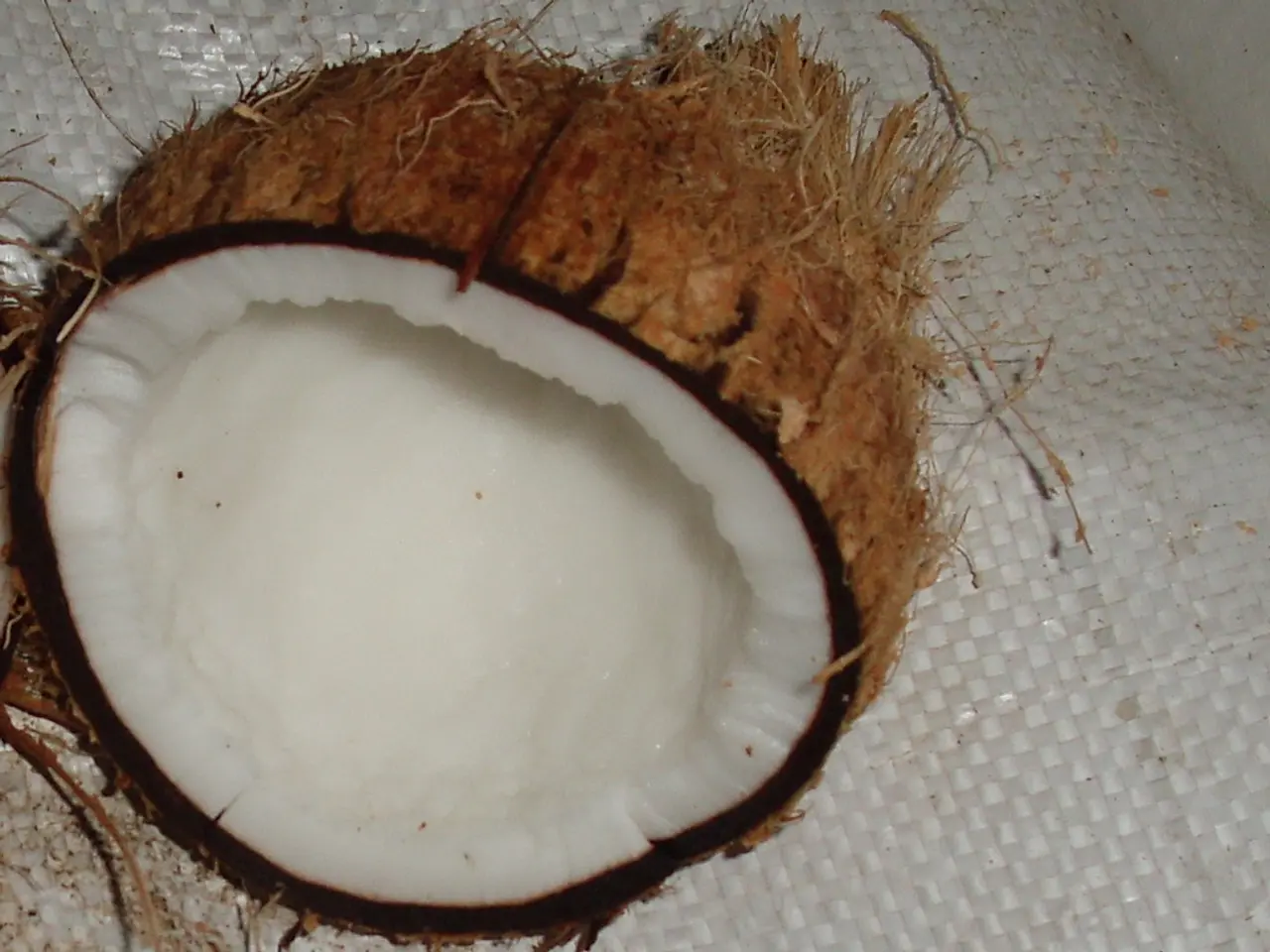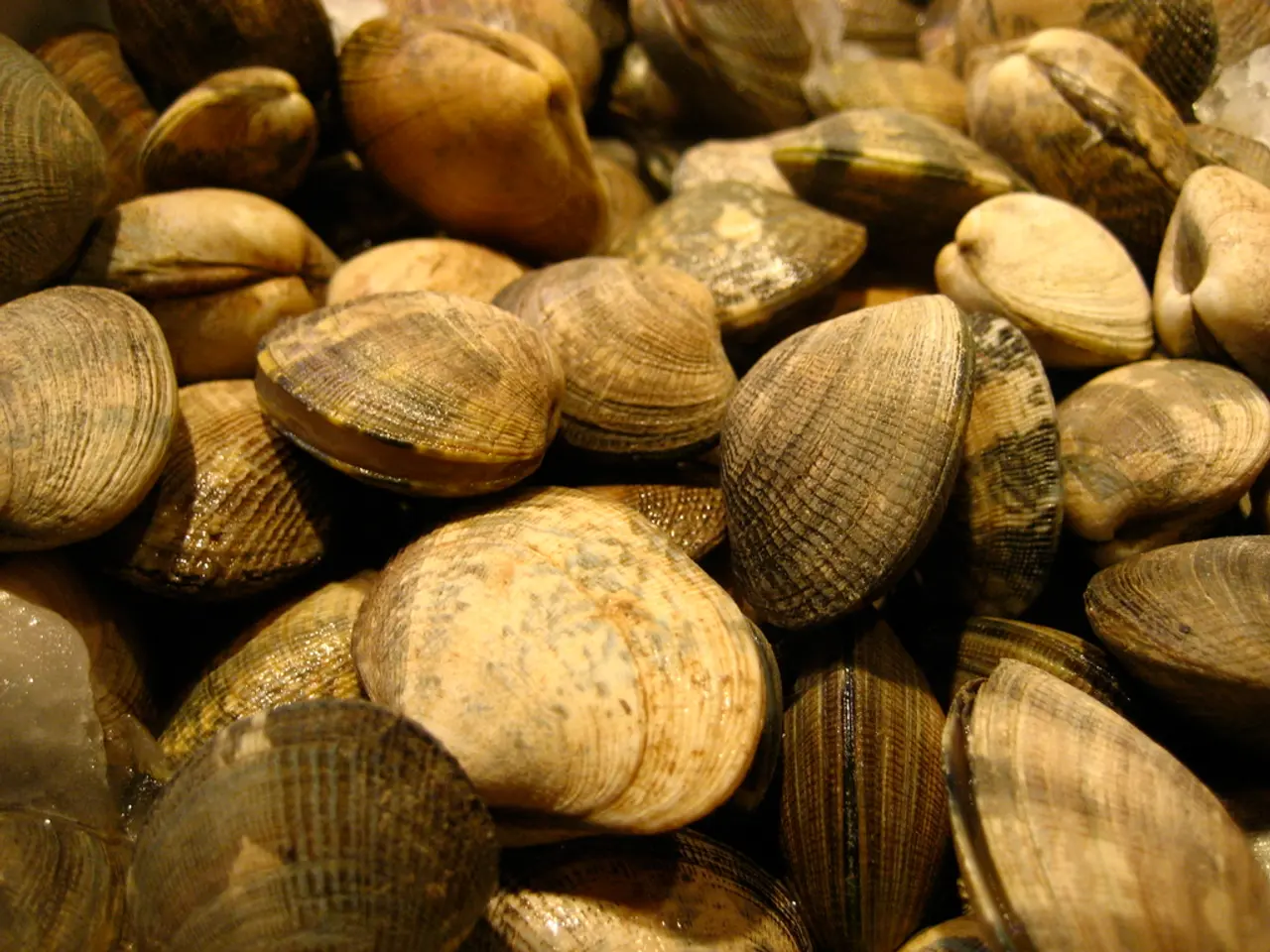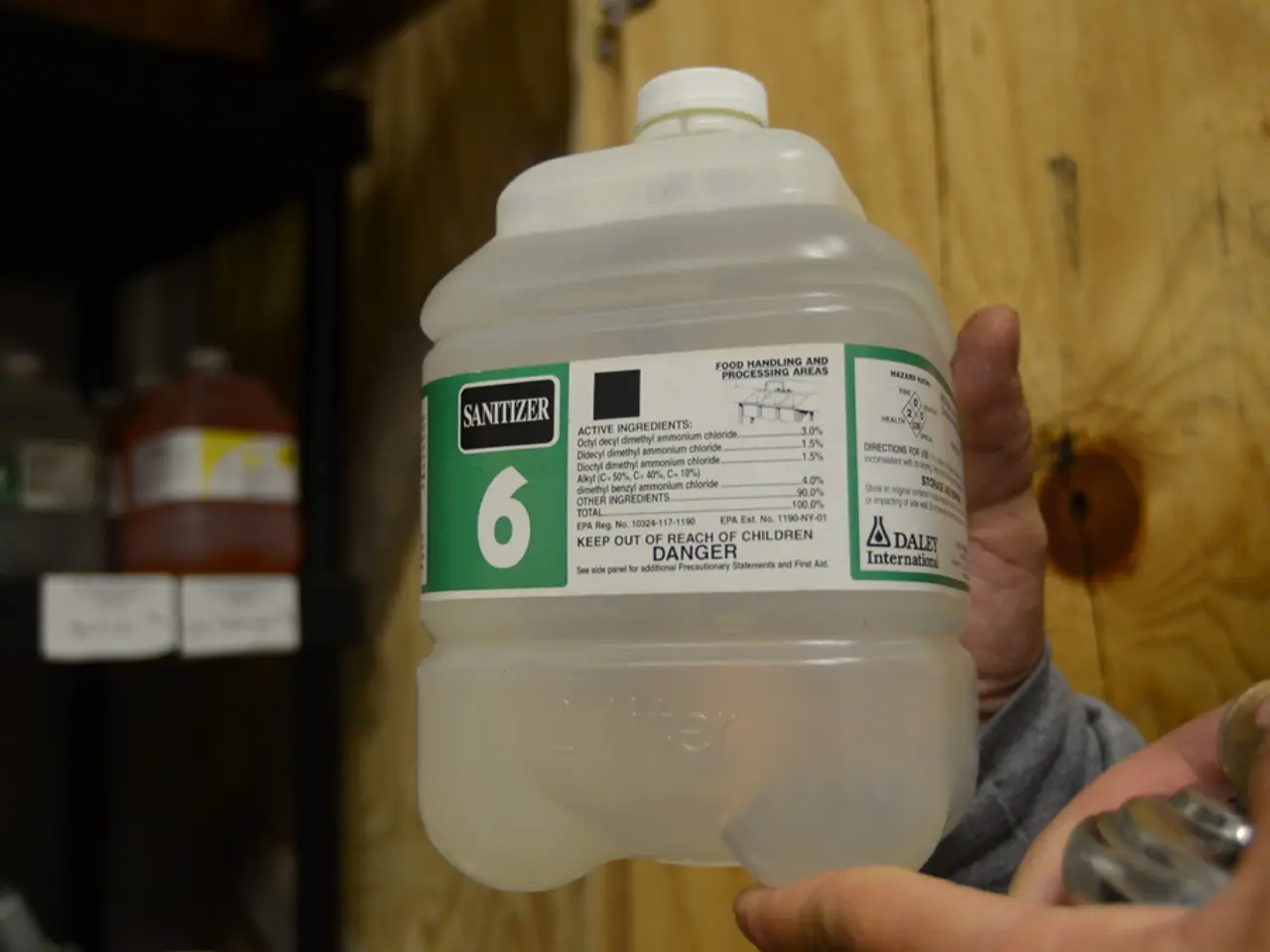Aromatic compound Frankincense linked to cancer and potential tumor growth.
Frankincense, a substance derived from the Boswellia tree, has been the subject of growing interest in the realm of cancer treatment. Known for its anti-inflammatory properties, recent research suggests that frankincense may also have a role to play in the fight against cancer.
The active compounds in frankincense resin, known as boswellic acids, have shown promising results in laboratory studies. These compounds have been found to induce apoptosis, or programmed cell death, in cancer cells and inhibit tumor growth by targeting specific cellular pathways. Studies published in esteemed journals such as Cancer Research and Molecular Cancer Therapeutics highlight these mechanisms, making boswellic acids promising candidates for integrative oncology approaches.
However, it is important to note that the current scientific evidence supporting frankincense as a definitive cancer treatment or its ability to prevent cancer in humans remains preliminary and insufficient to replace conventional therapies. The research to date is primarily based on the resin from the tree, not the essential oil.
A phase 1a clinical trial led by Dr. Nancy Klauber DeMore has been completed, investigating an extract from Boswellia in breast cancer patients. This early trial explores safety and potential efficacy but is preliminary and does not yet establish frankincense as a proven cancer treatment.
Frankincense essential oil and its components have shown anti-inflammatory and anti-cancer properties in preclinical studies. However, the role of these properties in human cancer treatment is still in its early stages. Therapeutic use of frankincense and other essential oils may help reduce symptoms related to cancer and its treatment, such as oxidative stress, but these uses are considered complementary and not substitutes for standard cancer treatments.
It is crucial to emphasise that frankincense is not an alternative to mainstream cancer treatments and cannot replace standard treatment. More advanced and larger clinical trials are needed before frankincense-based treatments can be recommended as effective cancer therapies in humans.
Frankincense has a long history in myth and folk medicine, especially in India and African countries. In the Bible, it is one of three gifts that the wise men offered to Jesus. Today, its potential role in cancer treatment continues to be explored, offering hope for future developments in the field.
[1] DeMore, N. K., et al. (2020). A phase Ia clinical trial of Boswellia serrata extract in patients with metastatic breast cancer. Cancer Management and Research, 12, 199. [2] Aggarwal, B. B., et al. (2013). Molecular targets and therapeutic uses of boswellic acids in cancer: An updated review. Anticancer Research, 33(4), 1459-1472. [3] Aggarwal, B. B., et al. (2011). Boswellia serrata in cancer therapy: Preclinical and clinical studies. Asian Pacific Journal of Cancer Prevention, 12(11), 5321-5330. [4] Aggarwal, B. B., et al. (2007). Boswellia serrata and apoptosis. Anticancer Research, 27(6B), 4849-4855. [5] National Cancer Institute. (2020). Boswellia serrata. Retrieved from https://www.cancer.gov/about-cancer/treatment/cam/hp/boswellia-pdq.
- In addition to its potential in cancer treatment, some studies suggest that frankincense may provide benefits for other medical-conditions, such as obesity, psoriatic arthritis, and depression.
- Science continues to explore the predictive roles of frankincense in chronic diseases like HIV and Hepatitis, but its effectiveness remains preliminary.
- Aromatherapy using frankincense essential oil has shown promise in reducing symptoms of mental-health conditions like anxiety and bipolar disorder, providing a complementary approach to traditional treatments.
- Studies suggest that the anti-inflammatory properties of frankincense may help in managing chronic inflammation associated with conditions like asthma and arthritis.
- Apart from cancer, research indicates that frankincense may have implications in health-and-wellness, particularly in the area of nutrition, where its potential role in boosting immunity is being investigated.
- PSA, a protein found in an increased amount in the blood of men with prostate cancer, has shown reduced levels due to frankincense in some laboratory studies, indicating a potential role in prostate cancer management.
- Therapies-and-treatments based on frankincense are not a substitute for conventional treatments like chemotherapy or radiation, but they could potentially be used as part of an integrative approach to manage symptoms and promote overall wellness.
- Frankincense's role in cancer treatment is still under investigation, with more AQ (Animal Quota) and clinical trials needed before it can be established as an effective treatment for NSCLC (Non-Small Cell Lung Cancer) or other types of cancer.
- The history of frankincense goes beyond its role in cancer treatment, as it has been used for thousands of years in India and African countries for various purposes, such as religious rituals and traditional medicine.
- Cancer Research, Molecular Cancer Therapeutics, and other esteemed journals have published studies supporting the potential benefits of boswellic acids, the active compounds in frankincense, but further research is required for its validation as a cancer treatment.
- While the current scientific evidence provides hope for the future of cancer treatment, it is essential to approach frankincense with a critical mindset and consult with healthcare professionals before incorporating it into any treatment plan.




